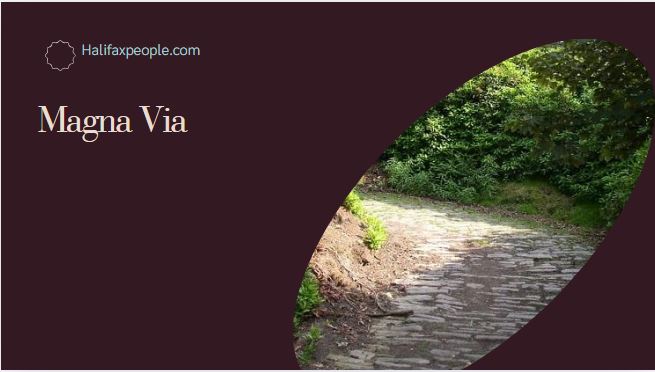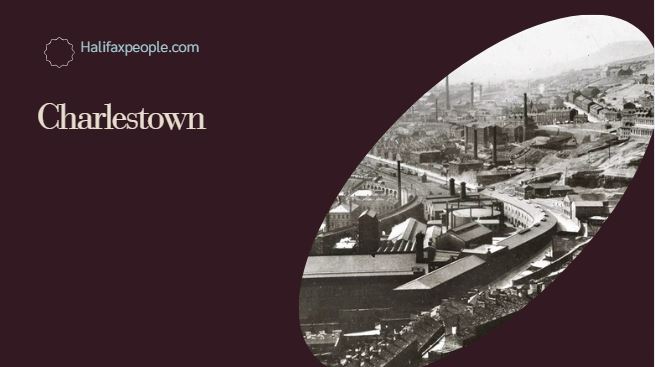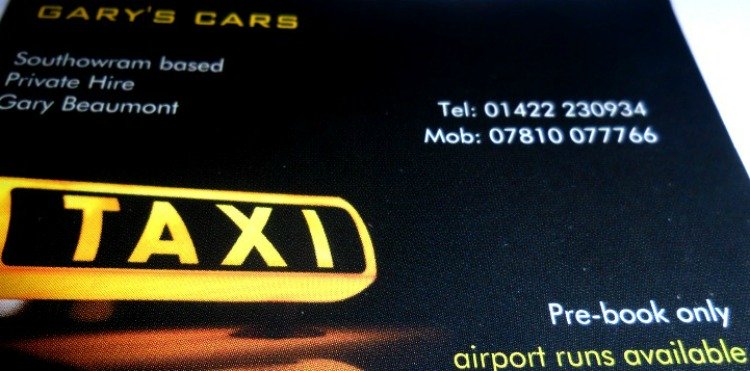



From early times, the Magna Via, the ancient road from Wakefield, provided a main route into Halifax over Beacon Hill. This route was trodden by Medieval lords of the manor and their men, by packhorses transporting wool and finished cloth, by Sir Thomas Fairfax after English Civil War defeat and by the preacher John Wesley. A grisly episode in the Hill’s history relates to the Cragg Vale Coiners.
In 1774 and 1775, as a deterrent to others and in the face of great local protest, the dead bodies of Thomas and Normington, convicted murderers of excise man William Deighton, were suspended in chains on Beacon Hill and left to rot, their arms pointing towards the scene of their crime.
A contrastingly happy event took place in August 1785, when Joseph Binns, accompanied by Mr Newmarch and Mr Frobisher, ascended from Beacon Hill in a hot air balloon in sight of thousands of delighted spectators, before navigating the balloon a further 20 miles.
The
name Beacon Hill relates to the network of beacons which conveyed
news around the country, in times of both crisis and celebration. In
1588, this warned of the Spanish Armada and was on the alert in case
of invasion during the Napoleonic wars from the 1790s. Bonfires and
beacons have also been lit on the hill to mark royal jubilees and
coronations, the peace celebrations after World War One and VE Day
and VJ Day after World War 2.










If you have enjoyed your visit to this website, please spread the word by clicking the 'like' and 'share' buttons below. Thank you


